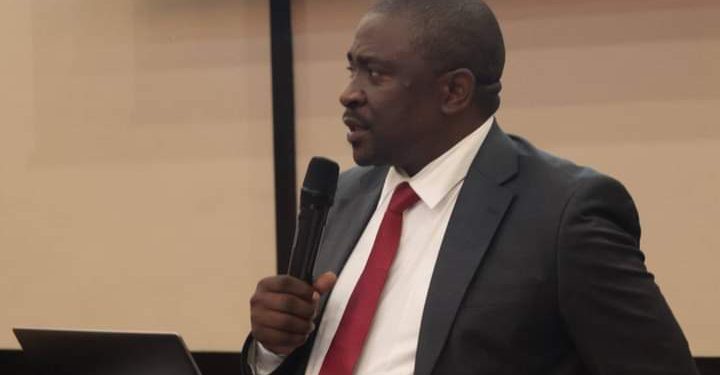The Ministry of Health (MOH) hosted the highly anticipated 2023-24 Lesotho Demographic Health Survey (LDHS) at the Avani Lesotho Hotel on 25 November 2024. The event marked a significant milestone in understanding the health and social dynamics of Lesotho’s population, with the survey providing vital data to inform national policies, programs, and resource allocation in the country’s health sector.
The LDHS is a comprehensive initiative that systematically collects and analyzes data on a range of critical health issues, offering invaluable evidence-based insights. The findings, which span various topics including maternal and child health, nutrition, family planning, gender-based violence (GBV), and other key well-being indicators, are expected to play a pivotal role in shaping future health strategies.
Minister of Health, Hon. Selibe Mochoboroana, opened the event with remarks on the long-awaited implementation of the survey. He revealed that the LDHS had been discussed for years but had never come to fruition due to lack of resources. When he assumed office as Minister of Health in 2022, he was informed that the survey had been delayed for years due to financial constraints.
“Amid me not being a health professional, I was made to understand that there is an urgent need for the LDHS,” Mochoboroana said. “We had to mobilize resources, and you have to understand that we did not even have M10.00 as the budget for the survey. A number of meetings were convened to convince partners to extend a helping hand, and they did help.”
Mochoboroana emphasized that the LDHS findings should not only be analyzed but acted upon. “This is a call for action. We need a joint response, and we cannot wait another five years to have similar discussions. Let us act now, change our plans, our strategies, and improve the statistics.”
The Minister also highlighted the troubling findings regarding mental health, which were part of the survey’s scope. He expressed shock upon learning that one in five people in Lesotho is battling a mental illness. In response to this alarming statistic, Mochoboroana shared that a mental health policy had already been presented to the cabinet and was approved.
On the topic of gender-based violence (GBV), which coincided with the ongoing 16 Days of Activism Against GBV, the Minister called for increased community engagement and empowerment to combat the issue. He stressed that the fight against GBV must be a collective effort, with communities playing a critical role in creating lasting change.
“The engagement of communities is essential. We need to work together to fight GBV and ensure that these discussions are not just confined to this moment but continue to evolve into meaningful actions,” said Mochoboroana.
The event closed with the Minister’s recommendation that stakeholders analyze the survey findings in detail and collaborate on sustainable solutions for the issues identified in the report. The LDHS serves as an essential tool in guiding Lesotho’s health policies and ensuring that resources are allocated effectively to improve the well-being of its citizens.






